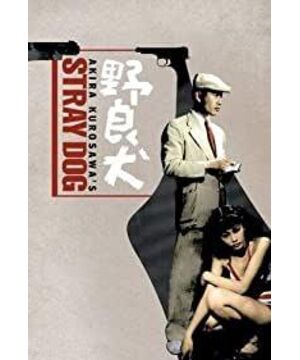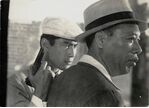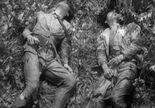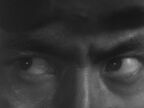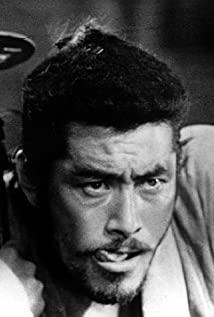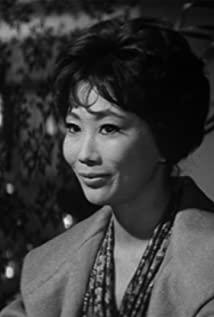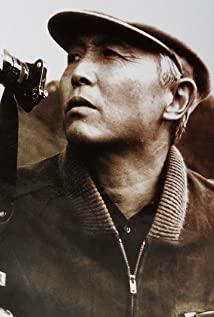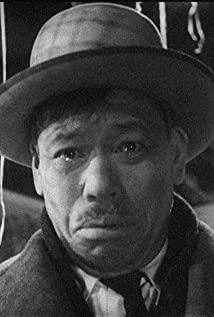"Wild Dog" refers to Murakami. The dialogue between Murakami and Sato in the film. The same train was picked up. Murakami and Yuzuo, who were like stray dogs, chose completely different ways of coping. Society joins the black and evil, like the transformation of a wild dog into a wild dog and a bad dog. Dogs understand human nature, but people also understand dogs! The wild dog transformed into a good dog shines with the brilliance of human nature, and the one transformed into a vicious dog shows the darkness of human nature (bestiality). When we talk about human nature again, do we hope that human nature is a positive word and animal nature a negative word? People worship God, but they don't know that some people have not reached the realm of human beings, at best they are just beasts and wild dogs that can walk upright. Emperor Kurosawa's film, this one especially made me understand what is drama and what is the artistry of combining film and drama! The content of the story seems ordinary at first glance, and bus pickpocketing is a trivial matter, but as you read it patiently, it becomes more and more unusual. Since it was a police pistol that was stolen, and the criminal used this gun to commit crimes, the young policeman's deep guilt and self-blame emotions fluctuated violently, affecting his rationality in handling the case throughout the process, leading to the case eventually becoming more difficult. Watching this film helped me a lot to understand the dark side of society and criminal investigation methods. I returned to the reality of society and reviewed many criminal cases that I couldn't understand when I was a child, and finally got answers.
Many plots in the film are worth scrutinizing, for example, when Detective Sato was in the first trial of the female gun dealer, he was talking and laughing compared with Murakami's blunt entanglement, lamenting the wisdom and skills of the old driver and the tenderness and youthfulness of the little fresh meat.
As for the working methods when searching for people at the baseball stadium, I sincerely applaud the wisdom of the two who searched with the naked eye and broadcasted arrests when there were no household registration, big data management systems, and entry security checks in those days.
How should we approach Chunhua, a sensitive and docile dancer, to obtain important information?
What negligence did Sato Ryokan make in the pursuit that caused the operation to fail? (Of course, it's really hard to care about the leaked mouth of a woman's mouth)
What is dramatic? The ups and downs of the plot are as intense and exciting as a roller coaster. Starting from the wrong call at the hotel and the escape of the criminal, Sato's hospitalized nurse just finished talking about being out of danger and panicked for treatment. Murakami hunted alone but missed the criminal's appearance. At the end of the film, Murakami was shot and fought tenaciously to arrest the criminal. The local dramatic effects are amazing. Clap your hands.
At the end of the tense confrontation between the two, and the brisk piano sound in the woods, I felt that the film pushed the art of cinema to a climax.
Who says Quentin's soundtrack hangs? I'm afraid you haven't seen Kurosawa Akira, right? (Just kidding, but Akira Kurosawa is half a century ahead of Quentin)
View more about Stray Dog reviews


